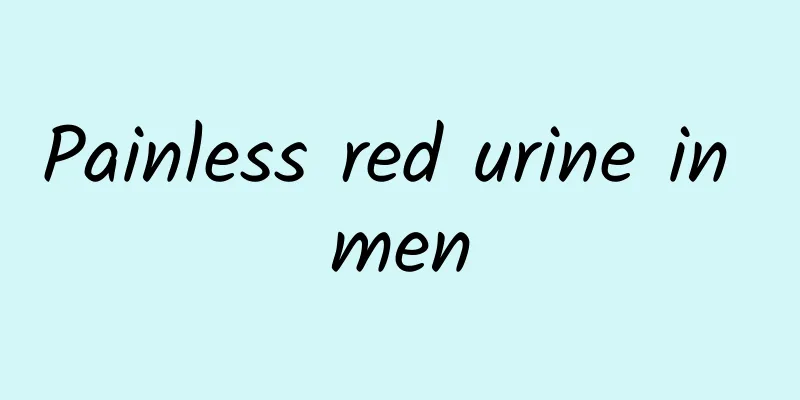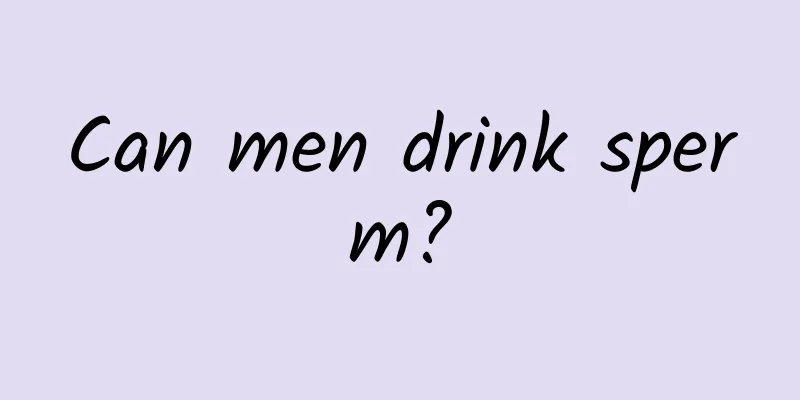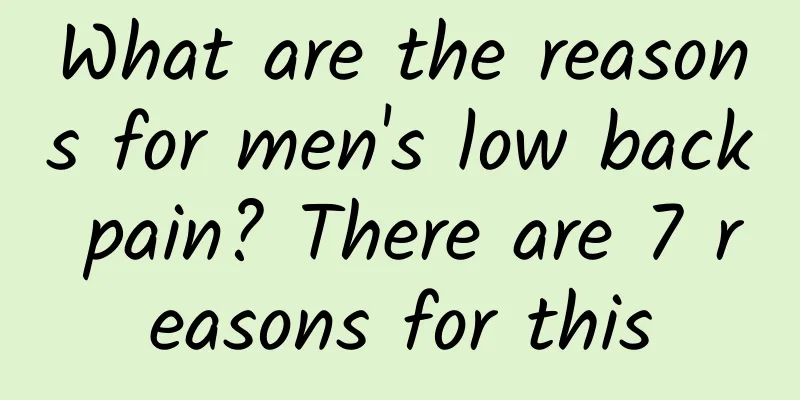What are the traditional Chinese medicine treatments for prostate?

|
Prostatitis, especially chronic prostatitis, is a chronic disease. Traditional Chinese medicine believes that there are toxins such as cold accumulation, heat accumulation, qi accumulation, and blood stasis in the body. These toxins accumulate in the body for a long time, causing physiological functions to not function normally and causing illness. Therefore, the key to treating prostatitis lies in detoxification, eliminating toxins such as cold accumulation, qi accumulation, heat accumulation, and blood stasis in the body. After the toxins are eliminated, the body and syndrome differentiation are used for treatment with pure Chinese medicine. Syndrome differentiation treatment in Chinese medicine plays an important role in the treatment of chronic prostatitis. Today, let's take a look at how Chinese medicine and Chinese medicine treat prostatitis. Damp-heat descending type: symptoms include dribbling, red and painful urine, lower abdominal cramps, perineal swelling and pain, urinary tract turbidity, yellow and greasy tongue coating, and slippery and rapid pulse. Treatment should be heat-clearing and damp-removing. The prescription is Bazheng Powder with modifications: Akebia 7g, Plantago asiatica 10g, Polygonum multiflorum 10g, Dianthus superbus 10g, Talcum 20g, Fructus 10g, Rhubarb 6g, and Licorice 5g. Spleen deficiency and dampness excess type: symptoms include turbid urine, sallow complexion, drowsiness, loss of appetite, pale tongue with white fur, and weak pulse. Treatment should be to invigorate the spleen and benefit the dampness. The prescription is Shenling Baishu powder with modifications: 10g of Dangshen, 15g of stir-fried Baizhu, 24g of Poria, 30g of Coix, 7g of Amomum, 15g of Zexie, 10g of Angelica, 30g of Kuncao, and 10g of Chenpi. Qi stagnation and blood stasis type: symptoms include stagnant urine, swelling and pain in the perineum and lower abdomen, enlarged and hard prostate, dark purple tongue, and stringy and astringent pulse. Treatment should be to activate blood circulation and remove blood stasis, and to promote qi circulation. The prescription is Shaofu Zhuyu Decoction: 10g peach kernel, 10g safflower, 15g angelica, 6g fennel, 10g Toosendan fruit, 10g Wuyao, 12g red peony root, 15g Zelan, and 30g dandelion. Liver-kidney yin deficiency type: symptoms include turbid white discharge at the urethral opening, swollen perineum, sore waist and knees, hot flashes and sweating, red tongue with little coating, and weak and rapid pulse. Treatment should be to nourish the liver and kidney and clear away the fire. The prescription is Zhibai Dihuang Tang with additions and subtractions: 15g of Anemarrhena, 10g of Phellodendron, 30g of Radix Rehmanniae, 15g of Radix Paeoniae Alba, 30g of Poria, 15g of Radix Aconiti Lateralis Preparata, 15g of Polygonatum Sinensis, 10g of Radix Bletillae Sinensis, and 15g of Radix Salviae Miltiorrhizae. Kidney Yang deficiency type: symptoms include dribbling urine with semen, fear of cold, sore waist and knees, impotence, premature ejaculation, pale and fat tongue, and weak pulse. Treatment should be to warm the kidney and strengthen yang. The prescription is Jinkui Shenqi Pills with modifications: 10g of processed aconite root, 10g of dodder seed, 10g of xianlingpi, 10g of eucommia bark, 10g of polygonatum, 15g of angelica root, 15g of yam, and 24g of tuckahoe. The use of traditional Chinese medicine to treat prostatitis has unique advantages. Traditional Chinese medicine is derived from minerals, plants, and animals in nature, and has no toxic side effects. Traditional Chinese medicine has no drug resistance and can be used continuously until the disease is cured. This is the advantage of traditional Chinese medicine in treating diseases. Moreover, traditional Chinese medicine has unique advantages in treating prostatitis, and its treatment effect is deeply recognized by the vast number of patients. |
<<: Introduction to Psychological Therapy for Premature Ejaculation
>>: What are the consequences of prostate removal?
Recommend
What causes back pain in boys?
When we talk about backache, we usually think of ...
What to do about habitual premature ejaculation
Men should usually have a good life routine and m...
The five most unsuitable foods for weight loss in winter!
Want to lose weight quickly? Then you should eat ...
Urethra mucosa inflammation
In fact, there are mucous membranes distributed i...
Men who have white hair in these places need to nourish the kidneys
Hair growth originates from Qi and blood. When Qi...
How to ejaculate into the uterus
When a couple wants a baby, they need to have sex...
What is the common psychology of girls after rejecting boys?
It is normal to be rejected after confessing your...
How to lose fat on the back? Three tips will do the trick
It is said that women can show off their beautifu...
What causes frequent urination in men?
Adults usually urinate four to six times during t...
How to relieve back pain in men? Common treatments for back pain
Low back pain is a common problem in men's li...
How to make fried pork liver: three ways to make it more delicious
Pork liver is a delicious and healthy food. In da...
Six tips for nourishing the kidneys in summer. Once you learn them, you will never suffer from kidney deficiency again.
When summer comes, many people will suffer from k...
What are the symptoms of mycoplasma infection in men
Mycoplasma infection in men is actually not uncom...
How can men lose weight through fitness?
After becoming obese, many women will consciously...
Is prostate surgery risky?
Doctors will only recommend surgical treatment fo...









